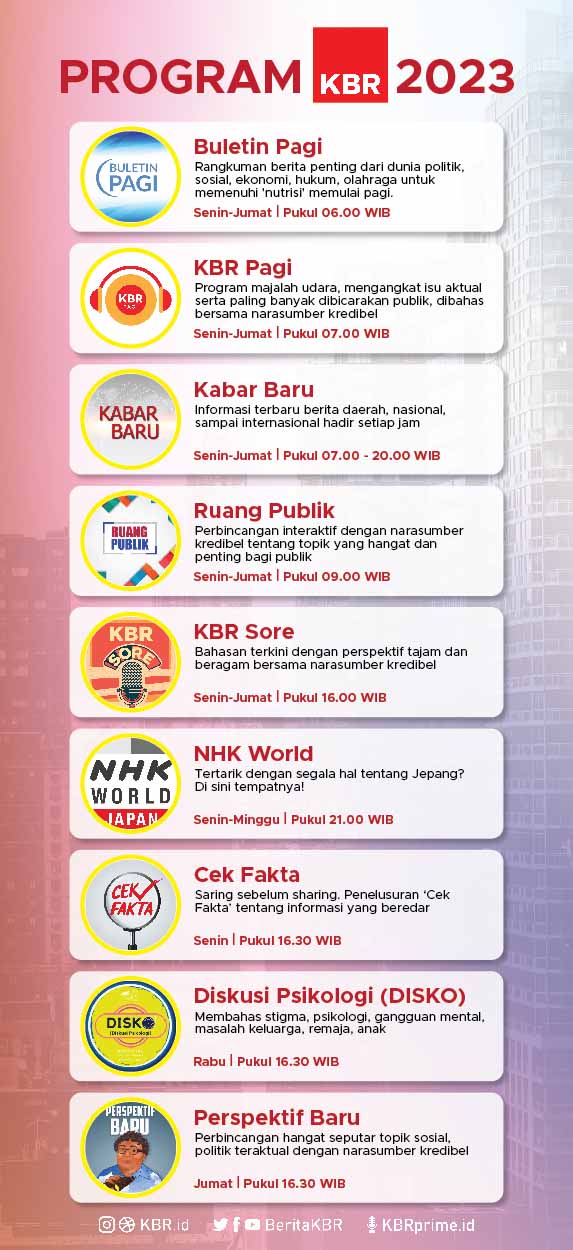There are those who say traditional Chinese medicine has no place in science.
But thousands of years of traditional medical practice are being put to the scientific test in a study being conducted at the University of Adelaide.
Molecular scientist David Adelson isn't so sure and so is putting it to the test.
“Absolutely. Absolutely. But you know the thing to remember is that almost all of the common, over the counter drugs and a lot of the prescription drugs that are used in western medicine, have a plant based origin and started out as herbal remedies.”
Professor Adelson's study looks at two plants commonly used in Chinese medicine.
They're Huang qi, often used for patients undergoing treatment for gastric and liver cancer.
And kushen used for people with impaired glucose tolerance, such as type 2 diabetes.
“To my knowledge there are maybe only one or two other places in the world that are using what we would call a systems biology approach to look at how these things act at the molecular level. And so that makes us unique.”
Another unique element of this study is how it's being funded.
The University of Adelaide has formed an agreement with a Chinese university and a Chinese pharmaceutical company to spend more than 5 million dollars creating a new research centre in South Australia.
According to the University, it's such an unprecedented situation the funding was delayed for a year.
The University's Vice-Chancellor, Professor Warren Bebbington says it's one of many steps in creating closer ties with China.
“We have 4-thousand students here studying with us. It's our largest student cohort from abroad and they're mainland Chinese and our biggest alumni branch now is mainland China. If I do an alumni event in Shanghai or Beijing, there's hundreds of young Chinese there so China is becoming increasingly important to our future and this is just one of our steps in research.”
Dina Tsiopelas says in the years she's been practising Chinese medicine, there's been increasing demand.
“Definitely, and it's, compared to when I first started, it's gradually sort of increased in size as popularity goes.”
“I think it helps with people becoming a little bit more aware of their health and finding different alternatives to health, it's not just yes I need to take some pain medication or this or that, it's just about exploring different avenues to sort of assist in their health care needs.”
Paula McCarter came to Dina Tsiopelas on a friend's recommendation.
She's been prescribed a tea that includes the plants that are part of the University's study...
“I was feeling really flat, really lethargic, really tired, foggy brain, concentration was really poor and I just, cogitatively I was just not where I used to be and I couldn't blame baby brain any longer so I came to see Dina and yeah, I feel great. Feel much better.”
“My energy levels are much higher, I feel more alert, my memory is a lot better, yeah, thoroughly all over I feel a lot better from it.”
When she was starting out, Dina Tsiopelas created teas from the raw herbal ingredients.
These days it comes in more refined forms as Chinese pharmaceutical companies become industrialised.
The Zhendong Group that manufactures these medicines is one of the study's partners.
But Professor Adelson says that won't influence his findings.
“The money that we've received is a donation and it's used to set up the centre and to support the centre but they don't have approval over what we publish. We value them as partners and collaborators but at the end of the day, the science is going to tell the story. And if it shows that something isn't working, it has no effect or it's highly variable or it seems like it's rubbish, we're going to say so.”
Regardless of what the outcome will be, Professor David Adelson believes it’s time to put thousands of years of traditional practice to the scientific test.
“I've always been sceptical of alternative remedies and alternative medicine. I think there's a lot of stuff out there that is just superstition but the fact of the matter is that there are things that work, they're not formally described and we don't know how they work and that's just a fact of life.”
“Anywhere you go, you will find at some point the local people will have something they'll tell you oh you know you've got a cold, you need to take this. Whether it's chicken soup or something else, there's always some local, complex remedy, usually made from some food like thing and that's sort of the starting process and so you know we're scientists. Why don't we look at these things?”
Traditional Chinese Medicine under the Microscope
Thousands of years of traditional medical practice are being put to the scientific test in a study being conducted at the University of Adelaide.

INDONESIA
Sabtu, 19 Okt 2013 12:30 WIB


Australia, China, traditional medicine, scientific test, Radio Australia
Kirim pesan ke kami
WhatsappRecent KBR Prime Podcast
Kabar Baru Jam 7
Strategi Perempuan Pengemudi Ojol Mengatasi Cuaca Ekstrem (Bag.4)
Arab Saudi Bangun Taman Hiburan Bertema Minyak di Tengah Laut
Menguji Gagasan Pangan Cawapres
Mahfud MD akan Mundur dari Menkopolhukam, Jokowi: Saya Sangat Hargai




